An Accurate Approach to Using Left-Hand Instruments | Tips by Vettrix Supplies
In veterinary practice, precision and efficiency are paramount. For left-handed practitioners, using left-hand instruments can significantly enhance their performance and comfort. Vettrix Supplies, a leading manufacturer of veterinary tools, understands the unique needs of left-handed professionals and provides high-quality instruments tailored to their requirements. This guide will offer valuable tips on the accurate approach to using left-hand instruments in veterinary care.







-475x475.jpg)
-475x475.jpg)




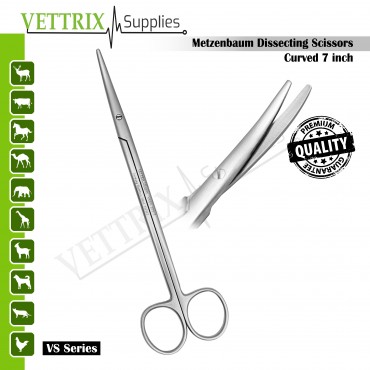
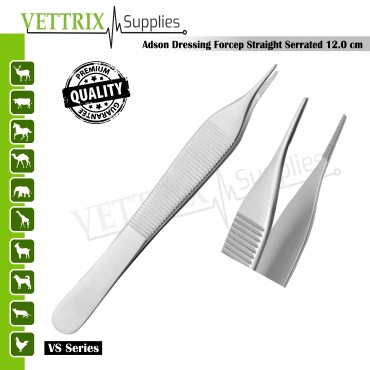
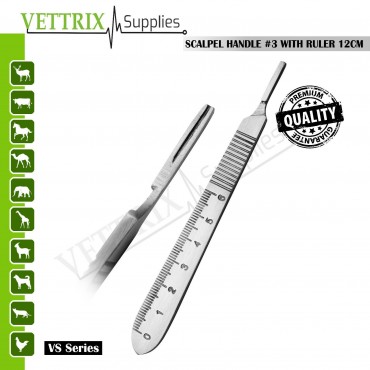
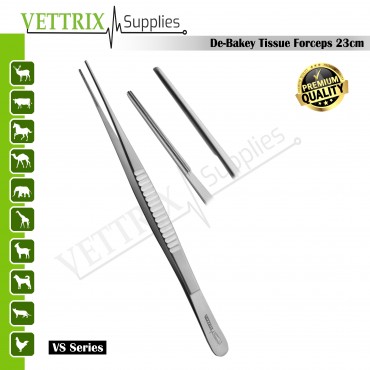
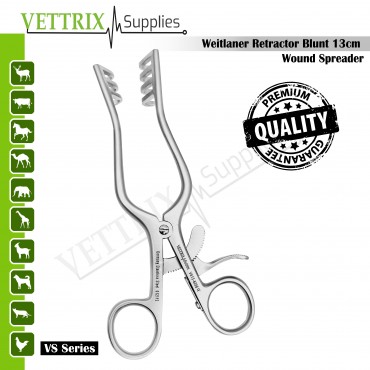
-370x370.jpg)
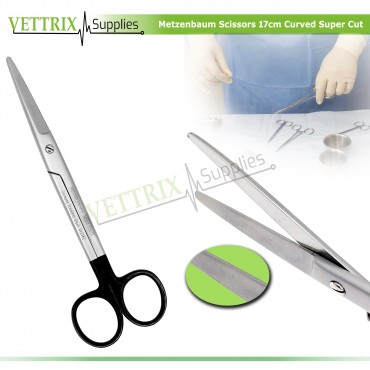
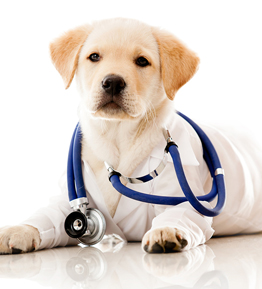
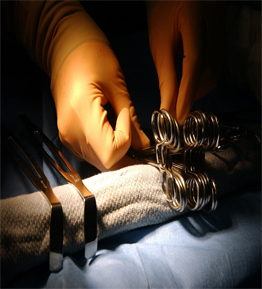

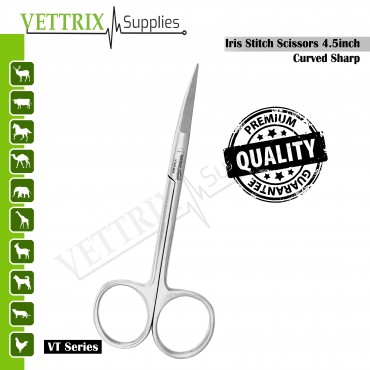
-370x370.jpg)

-370x370.jpg)


-370x370.jpg)
-370x370.jpg)
-370x370.jpg)
-370x370.jpg)



-370x370.jpg)
-370x370.jpg)

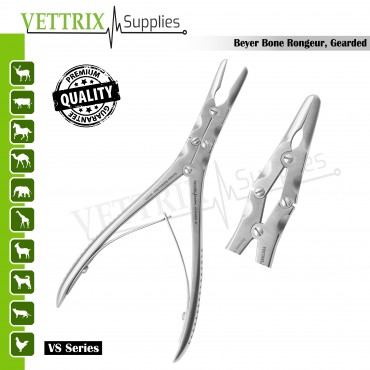

-172x40.png)
-172x40.png)
-172x40.png)
-172x40.png)
-172x40.png)
-172x40.png)
-172x40.png)
-172x40.png)
-172x40.png)
-172x40.png)







-140x140.jpg)


-800x800-350x350.jpg)

